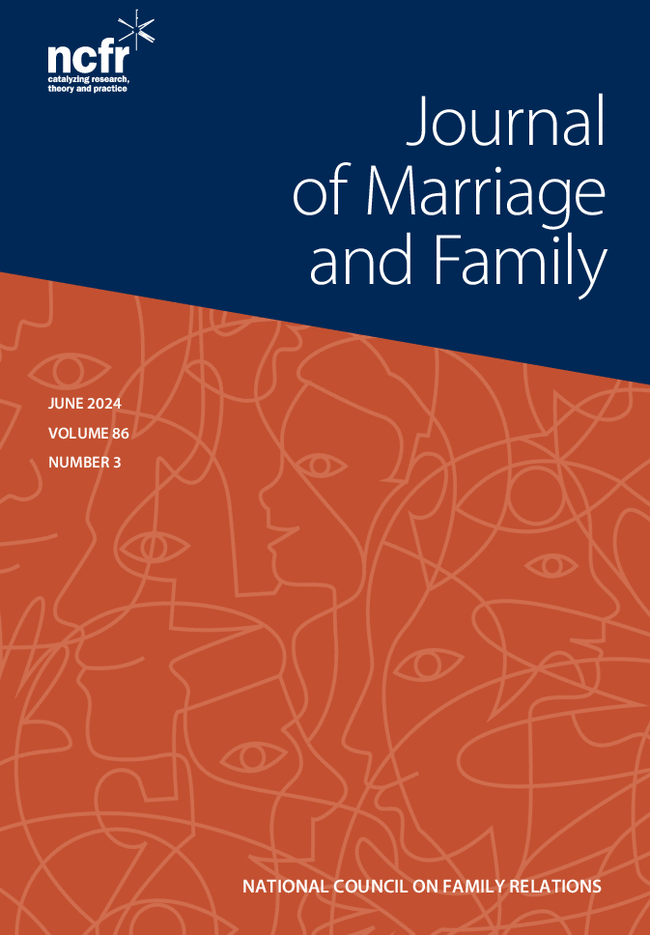Mothers and grandmothers: Rethinking motherhood in the context of intergenerational caregiving
Abstract
Objective
This study examines how the intergenerational caregiving exchanges from grandmother (maternal and paternal) to mother influence early motherhood experiences and childcare practices.
Background
Motherhood scholarship often neglects the influence of grandmothers on how women mother, or when acknowledging caregivers like grandmothers often fails to consider the potentially ambivalent ways grandmother caregiving affects mothers. Research on intergenerational support, however, documents the tension between solidarity and ambivalence characterizing care exchanges within families. More attention should be paid to understanding the complex ways grandmother participation intersects with a woman's motherhood experience.
Methods
This study asks how intergenerational caregiving by grandmothers shapes a woman's experiences of early motherhood, utilizing qualitative interview data with 34 Chinese immigrant mothers about their postpartum experiences, conducted in Canada between 2018 and 2019.
Results
Data revealed that grandmother care was an important, though often ambivalent, element of Chinese immigrant mothers' experience of new motherhood. New mothers sought to assert their autonomy and competence while simultaneously sharing mothering duties with grandmothers, whose interventions and care labor could simultaneously provoke feelings of guilt, gratitude, and resentment. Women assumed motherhood roles and identities at the same time they navigated the tensions between family solidarity and a desire for mothering autonomy.
Conclusion
Highlighting the significant but ambivalent role grandmothers can play in a woman's transition to motherhood demonstrates the importance of bringing grandmothers into how contemporary motherhood is understood.

 求助内容:
求助内容: 应助结果提醒方式:
应助结果提醒方式:


